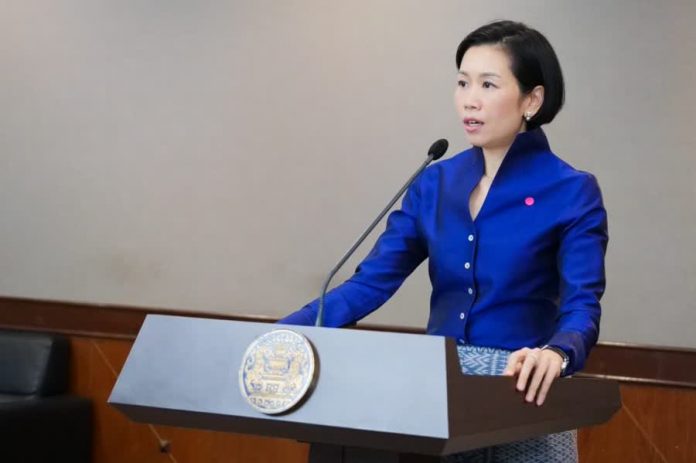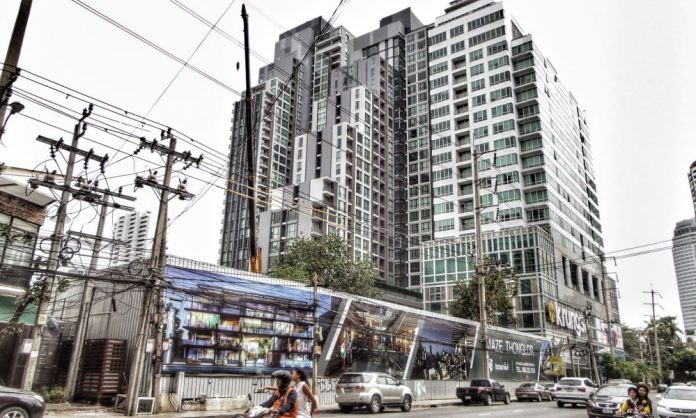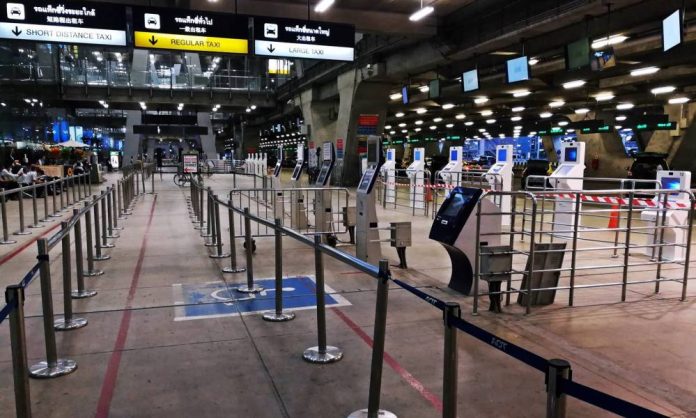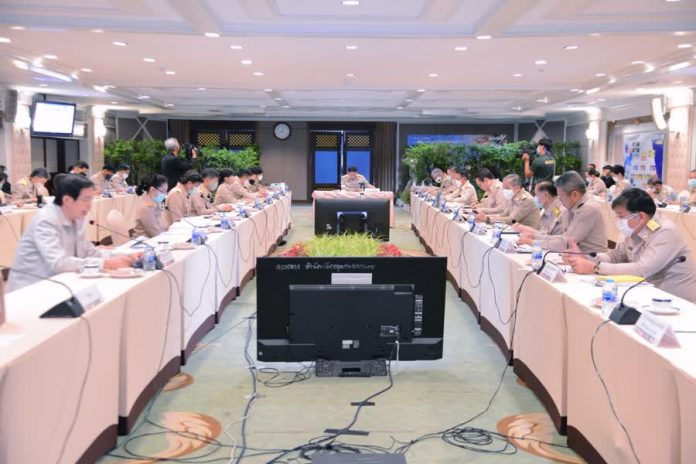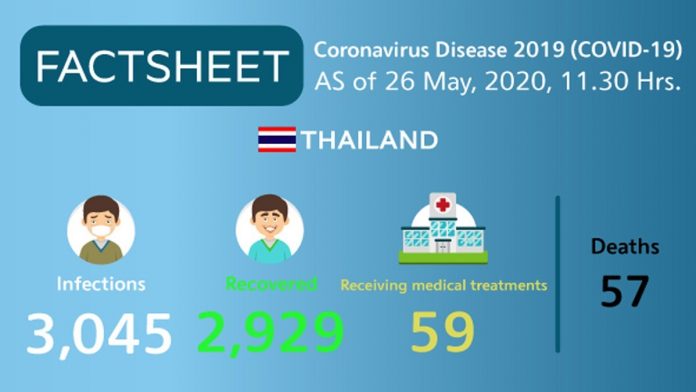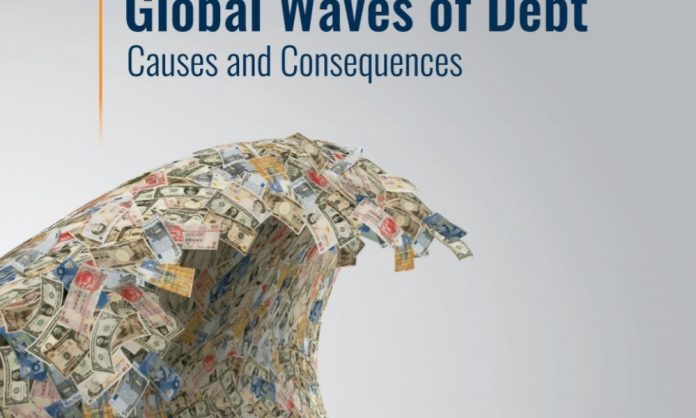BANGKOK (NNT) – The Deputy Government Spokeswoman, Dr. Ratchada Thanadirek, says the country’s public debt ratio between October 2019 and March 2020 remained within the management framework, while insisting that an executive decree backing loans of 1 trillion baht is not included in this ratio and that the figures are open for public inspection.
Dr. Ratchada said the Ministry of Finance submitted a report on the country’s public debt ratio to the cabinet and a committee overseeing monetary and fiscal policies. From October last year to March this year, the ratio of public debt to gross domestic product (GDP) stood at 41.69 percent, and did not exceed the 60 percent threshold. The ratio of government debt to estimated revenue, capped at 35 percent, stood at 28.26 percent. Foreign currency debt accounted for 2.73 percent of total public debt, and did not exceed the 10 percent limit. The ratio of foreign currency debt to export revenues, capped at 5 percent, stood at 0.18 percent. All the ratios were within the management framework.
The Deputy Government Spokeswoman said the six-month public debt ratio did not include the executive decree backing loans of 1 trillion baht, but it will be included in the next report. The government will acquire the loans and the process will be transparent and verifiable under the fiscal framework. She noted that three other executive decrees, aimed at stimulating the economy and helping those affected by the coronavirus disease 2019 pandemic, are not loans and are not related to public debt.

